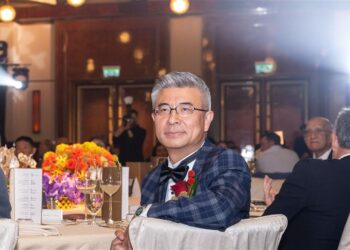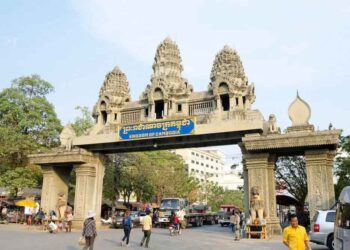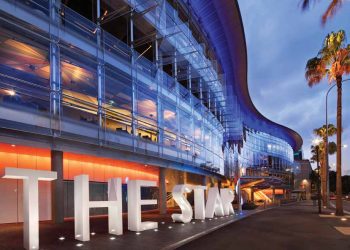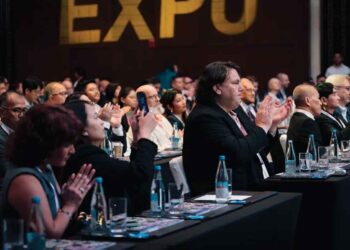The idea that getting the Macau government to rebate or reduce the 39 percent tax levied on the gaming gross in Macau would enhance the jurisdiction’s ‘competitiveness’ is probably a red herring. But that hasn’t stopped someone from raising the issue again.
The suggestion was first made last year by Dr Stanley Ho and then echoed by other operators in the run up to the launch this year of Singapore’s integrated gaming resorts.
A reduction in the Macau operators’ tax burden would certainly have the potential to boost casino margins—especially in the high volume, low margin VIP baccarat segment, which accounted last year for more than 70 percent of Macau’s entire gross gaming revenue (GGR).
But it is unlikely to have any discernible effect on Macau’s international competitiveness as a gaming destination, given that Singapore, with its 15 percent mass market gambling tax and five percent VIP gambling tax plus seven percent Goods and Services Tax, has effectively ruled out the kind of VIP player supply route used in the Macau market. That junket system uses (theoretically) independent agents to bring in Macau’s high rollers to most of the casinos, with another layer of middlemen to supply credit for gambling and another to collect on debts in the key feeder markets of mainland China (where gambling debts are not recognised by the courts) and Hong Kong.
Junkets supplying ethnic Chinese players to secondary, low gaming tax markets in Asia, such as the Philippines, are currently a marginal part of regional business. The Philippines levies 15% tax on GGR for slot machines and for non-junket mass-market tables (known locally as ‘The Grind’). It takes 10% of GGR for VIP tables and VIP and non-VIP junkets. There is an additional 2% levy on non-junket mass market and VIP table GGR for what’s described by the Philippine Amusement and Gaming Corporation (Pagcor), the country’s gaming operator-cum-regulator, as restoration of ‘cultural heritage’.
The problem in the Philippines is not the tax burden, nor even necessarily the quality of facilities, which have been improving steadily with the opening of new facilities such as Resorts World Manila, the Malaysian gaming company Genting’s joint venture with Alliance Global Group, the conglomerate headed by Philippines entrepreneur Andrew Tan. The difficulty is rather the attitude of the authorities in mainland China, who have been reluctant to issue exit visas for Chinese high rollers to splash cash with junkets outside the country. It seems China’s central government would rather keep the Chinese junket business ‘inside the family’ in Macau.
Luis Pessanha, legal adviser of the Legislative Assembly, told the Macau Daily Times: “Figures suggest that the market is healthy and that gaming operators can live well with a high tax burden. We have to wait and see if in the medium term Singapore will have an impact on our market or not.”
Macau recorded 70 percent year-on-year growth in the gaming gross in April to 14.1 billion patacas (USD1.76 billion). That suggests macroeconomic policies instituted by China to curb credit issuance in the domestic market are not yet having an effect. It could mean more rationing of travel permits to Macau will soon be on the way.
The heat currently found in the Macau market has, however, dramatically increased the Macau government’s tax income. In the first quarter of 2010, direct gaming taxes totalled more than MOP 14 billion, representing more than 85 percent of Macau government revenue.




































